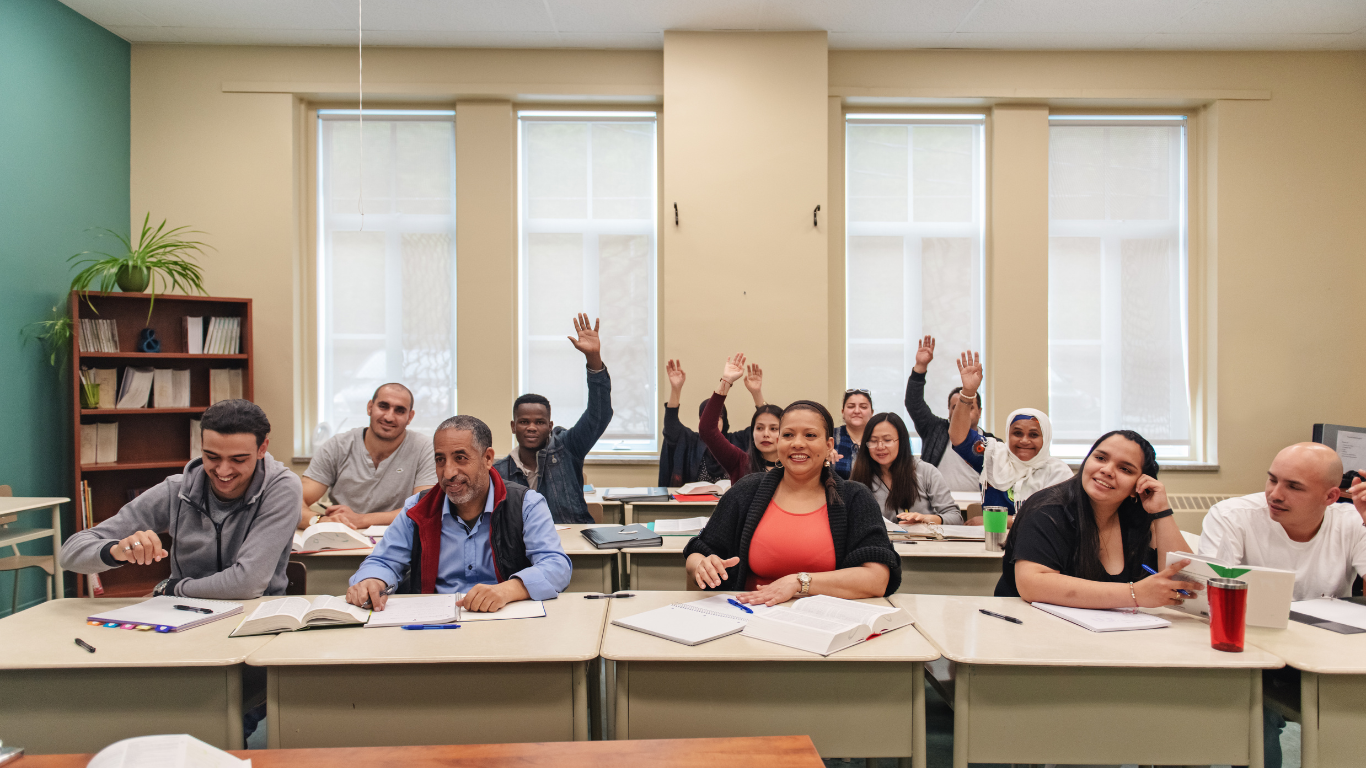The seventh International Conference on Adult Education (CONFINTEA VII) took place from June 15 to 17, 2022 in Marrakech. Co-organized with UNESCO, this event aimed to take stock of the current state of adult learning and education, to discuss the various challenges to be met and to develop an action plan to improve adult access to learning and education.
Adult education has become even more important with the COVID-19 pandemic. According to UNESCO, “only if everyone – young and old – is able to learn, can we solve global challenges such as COVID-19 together” [1]. Learning does not end at the end of compulsory or higher education. No, we must learn throughout our lives in order to solve global challenges. We will thus be able to create a fairer, fairer and above all more sustainable world. Audrey Azoulay, Director-General of UNESCO, also underlines the importance of adult education: “Adult education is key to transforming our future. Given technological and social changes, the right to education must mean enabling each person, throughout life, to acquire the knowledge and skills needed to realize their potential and live with dignity.”
Even though the Fifth Global Report on Adult Learning and Education states that progress has been noted in women’s access to education, some disadvantaged adults rarely enjoy access to education. These include, for example, indigenous peoples, rural populations, migrants, and people with disabilities or the elderly: “Nearly 60% of countries that provided data for the report reported no improvement in the participation of people with disabilities, migrants or prisoners, while 24% of nations reported a decline in access to education to learning for rural people. Similarly, the participation of older people has also decreased in 24% of the 159 countries studied.” [2].
Faced with this observation, it is more urgent than ever that the right to education becomes a reality for everyone, regardless of age and socio-economic factors.
Sources :
[1] UNESCO (2022). Septième Conférence internationale sur l’éducation des adultes. Available HERE[2] ONU (2022). Les adultes les plus défavorisés sont aussi les plus dépourvus d’un accès à l’apprentissage et l’éducation (UNESCO). Available HERE


